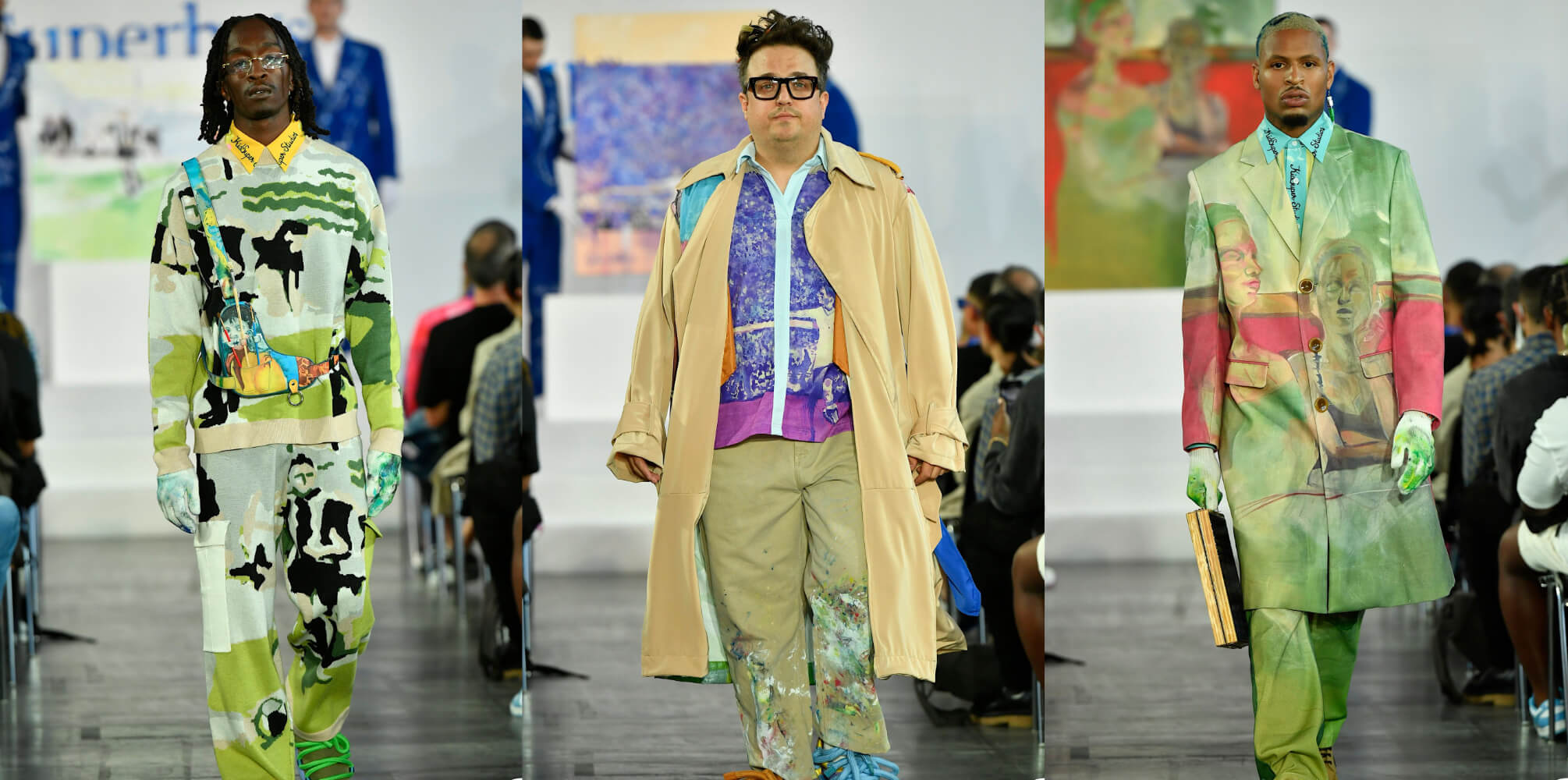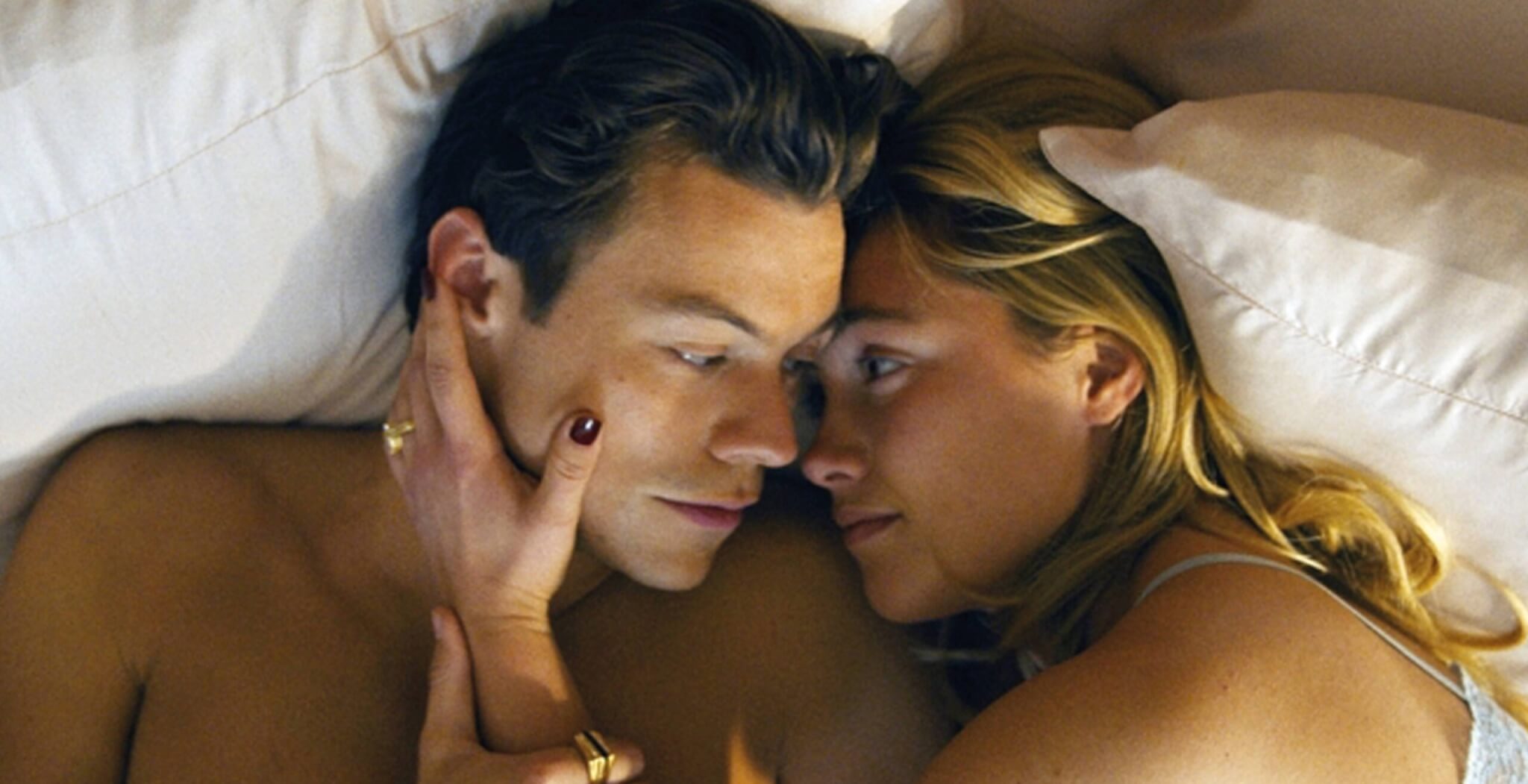Back in the day, Nickelodeon seemed revolutionary with its young female comedians and somewhat progressive humor. Shows like Drake & Josh, Zoey 101, iCarly, and of course, The Amanda Show starring Amanda Bynes were basically running in every household with children in it. Filled with funny pranks, silly jokes, and exaggerated characters, they succeeded in gluing kids all over the world to the TV screen. But abuse was the definition of what was going on behind the set. What all of these shows had in common: Dan Schneider.
Back in the 90s the cable network Nickelodeon already competed with channels like Disney for kids’ attention. So, when they first collaborated with actor turned producer and writer Dan Schneider on the hit show “All That”, they thought they had found their cash cow. Schneider seemed to understand how to make kids laugh and continued producing one hit show after another. But while for many of us, remembering Drake and Josh’s ridiculous fights or Sam and Cat’s weird conversations brings back positive childhood memories, the children that were actually cast in these shows experienced that time very differently. Enter: The Quiet on Set documentary.
Quiet on Set: Allegations
It’s not the first time that the public was made aware of wrongdoings on Dan Schneider’s set—there have been rumors for a while, which were partly confirmed by actress Jennette McCurdy who portrayed Sam in iCarly and Sam & Cat. But the new docuseries shows the shocking extent of those wrongdoings: an extremely toxic environment, abuse of power, sexual harassment, racism, and child sexual abuse. And all of that over the time span of more than a decade. So, how could this have happened for so long? On sets full of vulnerable children?
Let me stop you here: There might be spoilers ahead, but the series, with all its detailed research and interviews, is still worth a watch after this read, I promise. In Quiet on Set multiple people who worked on Schneider’s sets, or whose children did so, recount their experiences. Women (and sometimes girls) on the set had to massage Dan Schneider almost daily—and I’m not talking about professional massage therapists. Costume designers, writers, and child actresses like Amanda Bynes were among them. The female writers on Schneider’s team earned half of the salary compared to the men and had to participate in whatever sexual “joke” Schneider came up with, like telling a story while pretending to be sodomized.
The workplace hierarchy was clear: Dan Schneider set the tone and everyone else had to adapt. His mood rapidly changed several times during the day, which meant everybody was walking on eggshells, not sure if they were about to talk to happy Dan or angry Dan. What’s even more shocking though is the sexualizing jokes that weren’t just made behind the scenes, but also on the screen. I didn’t need to hear any explanation from the interviewees to understand. Watching scenes from the shows that I loved as a kid back was disturbing enough. Being a child, I didn’t understand the sexual nature of a young Jamie Lynn Spears getting squirted in the face with candy or an underage Ariana Grande trying to squeeze juice out of a potato while moaning. These jokes weren’t made for kids, who didn’t have any context, they were made for adults who sexualized kids.
That’s the thing: If you call on pedophiles, they will call back. So it’s no surprise that Schneider wasn’t the only abusive man on those sets. There were not one but three convicted child abusers who worked within a short time frame of each other on several Nickelodeon shows. All of them used their power as professionals in the industry (in addition to the natural power imbalance between grownups and children) and the easy access to the kids on set to get closer to them. While one of them, production assistant Jason Handy, started chatting with kids by promising them industry connections and got caught sending them nude pictures, dialogue coach Brian Peck went even further.
Nickelodeon Scandal
For the first time, actor Drake Bell spoke publicly about his sexual abuse. Brian Peck, who was and probably still is very connected within the industry, made every effort to get closer to then-15-year-old Drake: He coached him, visited all of his concerts, drove a wedge between Bell and his father and managed to have him sleep over regularly, where he sexually abused him several times. It wasn’t until he had the strength to confide in his mother that Brian Peck was finally charged and convicted. But the kid’s show industry seems to be more loyal toward convicted abusers with connections than the children they are working with, otherwise, Brian Peck wouldn’t have managed to work on a set with kids again: After his return from prison, he got a job on the set of The Suite Life of Zack & Cody featuring the teenage Sprouse twins.
Of course, one of the main reasons for this being able to happen is the extreme power imbalance. As we all know since #MeToo, promising connections, film roles, and opportunities is a popular tool for abuse in Hollywood. With kids, that power imbalance is multiplied: We’re talking about children who might take their first few steps as actors, have no idea how the industry works, and might have a harder time setting boundaries or even identifying abusive behavior. By putting highly abusive people like Dan Schneider in charge, it opens the door to even more abusers. These kids are already used to a certain level of abuse and have already learned to keep their mouths shut and do what they are being told.
Another technique that is shown to be effective on Schneider’s sets is distancing the kids from their parents. In the docuseries multiple parents confirm the unwritten and unspoken rule, that everyone knew: Speak out against something or someone to protect your child, and their career as an actor is over. The kids of the few parents who did say something got fired the next season. So the parents who didn’t want to ruin their child’s dream (or their own dream of success in Hollywood) kept their mouths shut and stayed away as best as possible, enabling abusive people on the set. The example of Brian Peck and Drake Bell shows just how devastating of an effect removing kids from their parents can have: Because Drake Bell’s father, who managed him in the beginning, was always suspicious of Brian Peck, Peck convinced the actor and his mother to get rid of him as a manager and only then got enough access to Bell to sexually abuse him.
What Quiet on Set shows very clearly: These abusive behaviors weren’t just a coincidence. There was a system of abuse that not only enabled, but also fostered a toxic environment and the perfect feeding ground for abusers—over a long period of time. Who knows how many more Schneiders and Pecks are out there, hiding in plain sight?
*Header: Drake and Josh via Nickelodeon




























